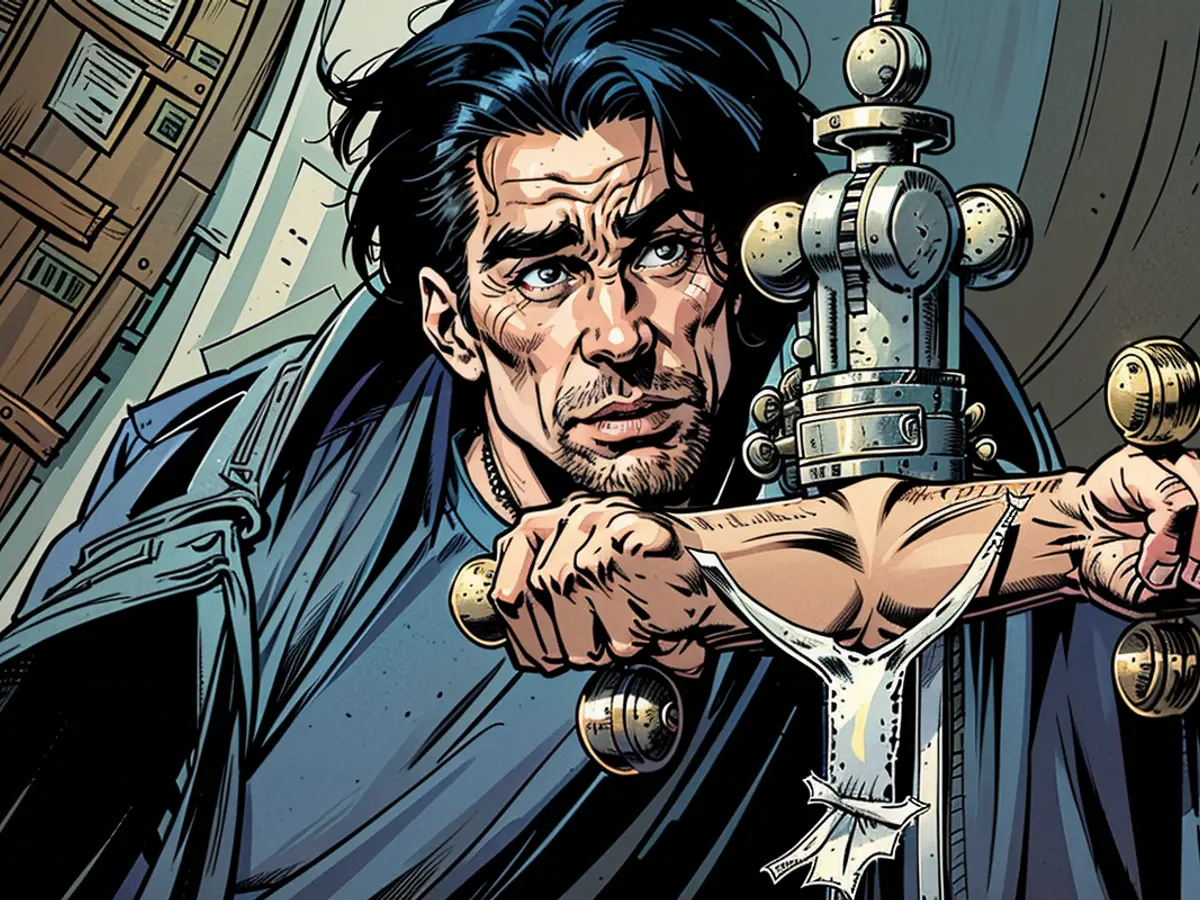Bavaria voices opposition to compulsory church allowance contributions
Numerous individuals are departing from the religious institution, yet the regional governments continue to provide an annual financial aid of 550 million euros to the churches. The coalition led by the traffic light party aims to put an end to this costly practice. However, the regional governments opposes this move, apprehensive of even greater financial burden.
The Bavarian government has voiced its disapproval towards the traffic light coalition's proposal to cease state funding for the churches. The coalition intends to enact legislation with significant financial implications for the regional governments, which would burden them for decades to come, stated State Chancellery chief Florian Herrmann. "This Misleading endeavor not only undermines the cultural independence of the regions, but also endangers everything that the churches contribute to our societal structure, such as kindergartens, hospitals, and elderly care homes," said Herrmann. It appears that the traffic light coalition is determined to impose its socio-political agenda "in the last leg of its existence."
The churches in Germany receive state funding due to the expropriation of German churches and monasteries during the beginning of the 19th century, as part of the secularization process. With the exception of Hamburg and Bremen, all regional governments contribute an annual sum to the Catholic and Protestant churches. Last year, this amounted to approximately 550 million euros nationwide. According to the budget plan, Bavaria contributes 80 million euros to the Catholic Church and 26 million euros to the Protestant Church - along with construction expenses of 28 million euros for both denominations combined, as the Ministry of Culture announced.
The traffic light coalition plans to present a bill for the long-term abolition of state funding for the churches as early as this fall, despite the regional governments' opposition to the project. The reform is to be designed in a manner that the Bundesrat does not require its approval. "The obstructive stance of the regional governments unfortunately compels the coalition to take this approach," said FDP politician Sandra Bubendorfer-Licht.
Separating Church and State
Since the funds originate from tax revenues and thus from all taxpayers, including those not affiliated with a religious community, this non-religious group continues to grow every year, with hundreds of thousands leaving the churches annually. The traffic light government wants to release the churches from these funds and separate church and state.
However, the regional governments would have to bear the redemption costs, and there is strong opposition to this. Lower Saxony's Minister President Stephan Weil has already emphasized that the regional governments are "unanimously against" this. "I could only advise against continuing to pursue these plans," he told the "New Osnabruecker Zeitung." The financial situation in many regional governments is so precarious that redemption payments to the churches are simply not feasible in the near future.
The traffic light coalition's proposed bill to separate church and state has sparked controversy, with Bavaria's State Chancellery chief Florian Herrmann voicing concerns that it could endanger the cultural independence of the regions and threaten the services provided by churches like kindergartens and hospitals. Despite opposition from several regional governments, including Lower Saxony, the traffic light coalition is determined to present this bill, as they believe releasing churches from state funding is necessary for separating church and state.








